Motorists across Kenya are in for renewed pain at the pump after the Kenya Pipeline Company (KPC) submitted a proposal for a steep hike in its tariff — a move that could translate into heavier tax and levy burdens at fuel stations.
If regulators approve the request, the cost structure of every litre of petrol, diesel, and kerosene will be altered, placing further pressure on consumers and businesses already straining under inflation and high transport costs.
KPC’s Bold Move: What’s at Stake.
KPC — the entity responsible for transporting petroleum products across the country’s pipeline network — says its current tariff fails to cover rising operational costs.
In its application, the company argues that increases in energy, maintenance, regulatory and security outlays justify the adjustment. Industry insiders believe that the adjustment will not just affect the base cost of fuel, but also amplify the already hefty portion of taxes and levies at the pump — effectively magnifying the burden on Kenyan consumers.
Consumers, Transporters, and the Chain Reaction.
For ordinary motorists, this means higher cost per kilometre. For public transport operators — already operating on tight margins — it could trigger fare hikes. Logistics firms warn of cascading inflation in commodity prices, especially for staples reliant on road delivery.Small businesses in remote counties, where supply chain costs are already elevated, risk passing the increase to customers or absorbing the loss — both scenarios eroding profitability.
Regulatory Approval Is the Deciding Factor.
The tariff proposal now sits before the Energy and Petroleum Regulatory Authority (EPRA). Their decision will hinge on whether public interest outweighs KPC’s financial exigencies.
Legal precedent and economic principles demand that any tariff hike must be transparent, well justified, and proportionate. EPRA is expected to issue a public hearing notice, inviting objections or commentary from stakeholders including fuel traders, transport associations, and consumer groups.
Political Fallout and Public Backlash.
Fuel pricing remains a key political vulnerability for any government. With the electorate already reeling from inflation and election-year anxieties, public sentiment could turn sharply negative.
Opposition leaders are already positioning for critique: any perceived favoritism or opaque approval process may provide political ammunition.Civil society and consumer rights activists may petition for judicial review, demanding clarity on how much margin is passed to KPC versus downstream players.
Timing and What to Watch.
Tariff approval timeline: EPRA’s decision window may take several weeks given the magnitude of public interest.Public hearings: Stakeholder engagements and objections will likely intensify media coverage and public scrutiny.
Pass-through to pump: Lens will be on how much of the increase gets passed to fuel stations versus being absorbed along the value chain.Government intervention: Subsidies, tax adjustments or emergency relief may be considered to mitigate crisis.

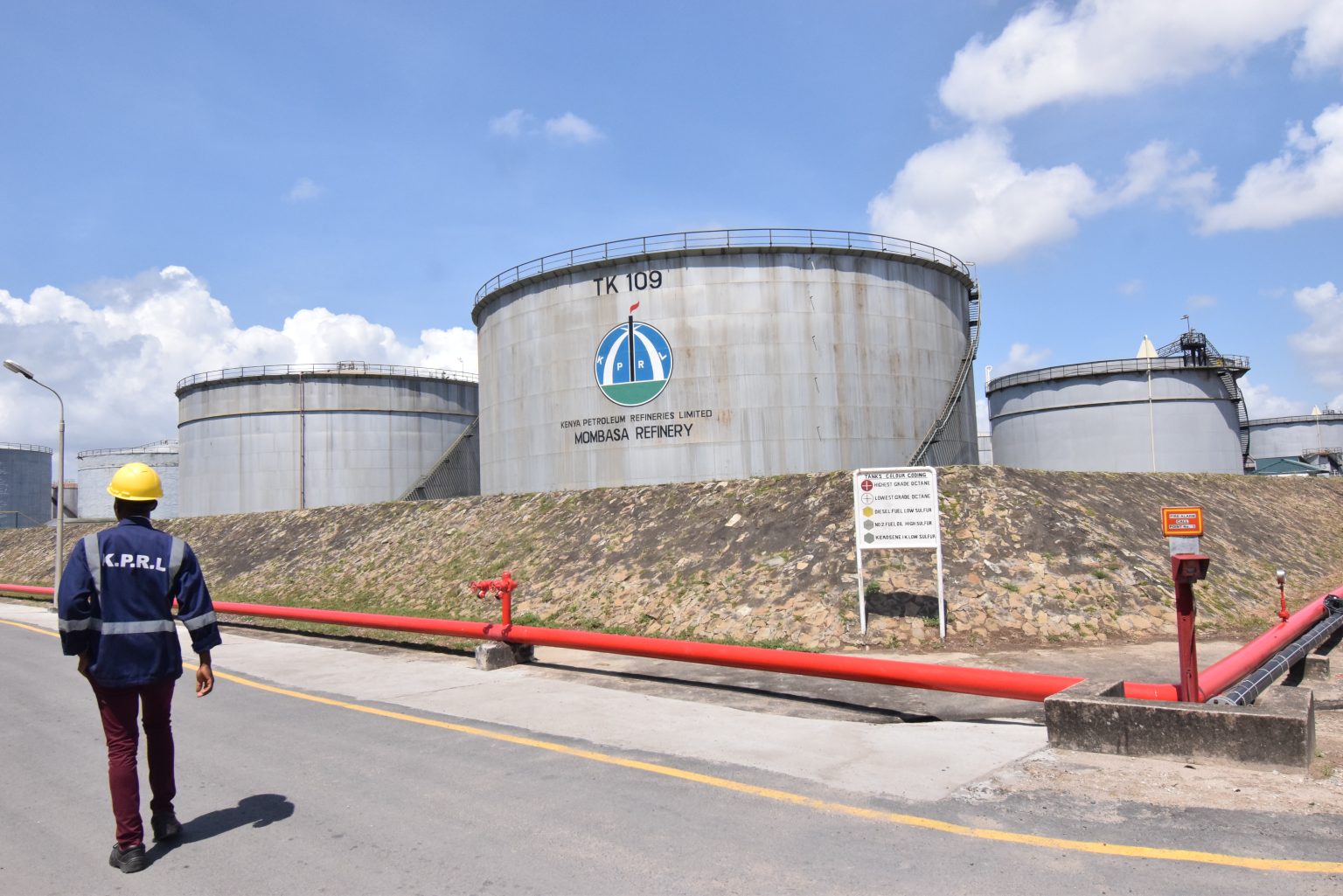


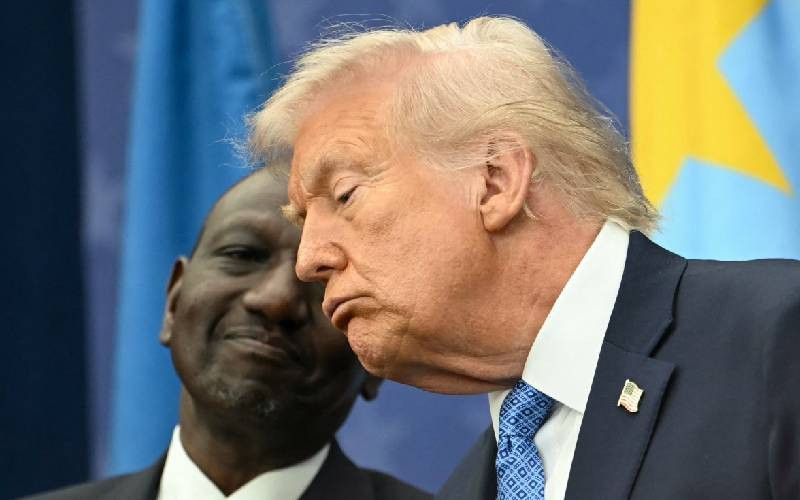
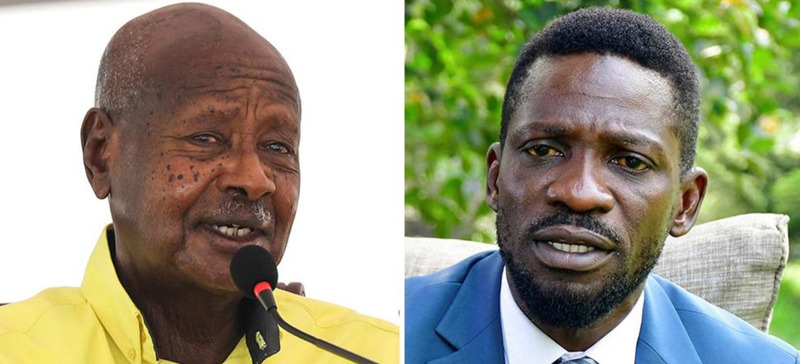
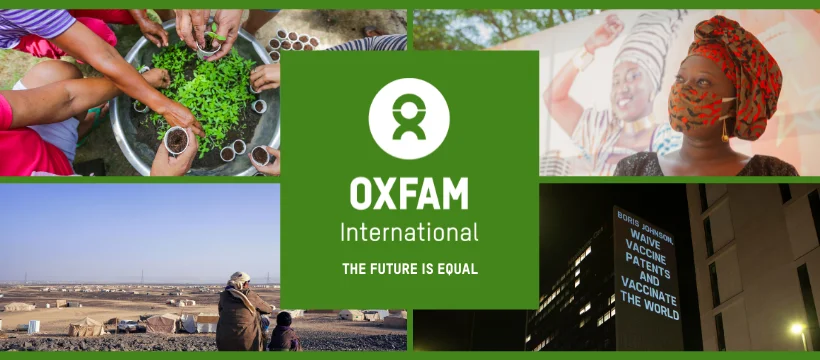

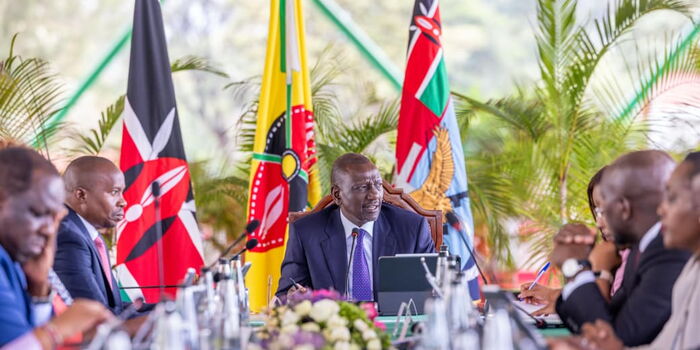
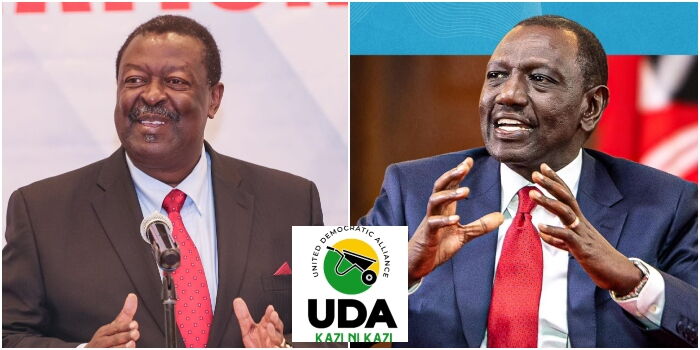


Leave a Reply